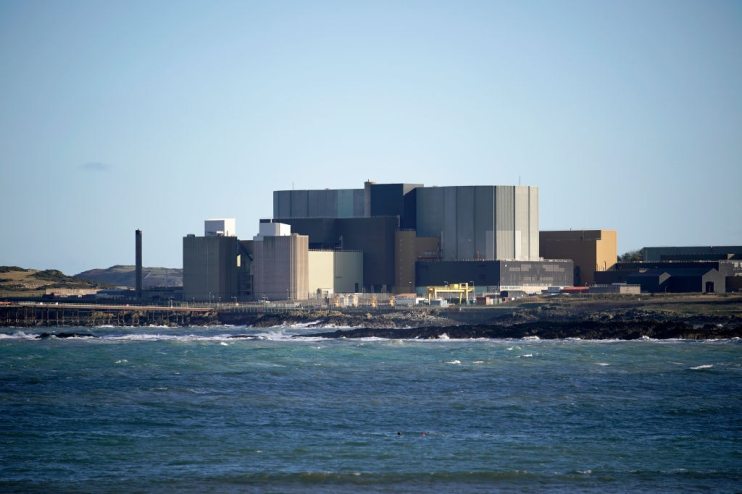EDF secures further funding for Hinkley Point C in new settlement

EDF has secured 14 years of funding for the UK’s upcoming nuclear plant Hinkley Point C in case of the risk of further delays.
The French energy giant has agreed a new contract ensuring its funding even if it does not start operating until 2036.
EDF confirmed to City A.M. the project is still on course for completion in 2027, following an approximately two year delay driven by the pandemic and supply chain disruptions.
It is also roughly 45 per cent over budget – having initially been projected to cost £18bn, but now expected to be priced at £26bn.
The new subsidy contract still includes clauses in the former deal, which was set to expire just three years earlier in 2033.
This includes stipulations such as shortened payments to EDF if Hinkley Point C fails to start generating power by May 2029.
If the plant is up and running by that date, EDF receives a guaranteed £92.50 per megawatt hour for its electricity for the first 35 years of its life.
This will be funded by a levy on consumer bills.
The latest deal instead reflects a renegotiated settlement between the UK and China, with the Government paying CGN a £100m exit fee from the next project – Sizewell C.
The previous contract was signed when David Cameron’s former Government was chasing funding with Chinese partners.
China was welcomed into the UK’s nuclear industry in 2015, with Cameron pushing a so-called golden era of relations between China and the UK.
CGN was expected to be a minority partner to EDF in Hinkley Point C and Sizewell C, alongside a third plant, Bradwell B in Essex.
However, the Government is now keen to contain China’s involvement in national infrastructure.
Current serving Prime Minister Rishi Sunak announced earlier this week the ‘golden era’ was drawing to a close.
Nevertheless, Hinkley Point C will still include a minority stake from Chinese state partner CGN.
The 3.2GW plant, which is being built in Somerset, is expected to have enough power to supply six million homes and generate seven per cent of the UK’s energy mix.